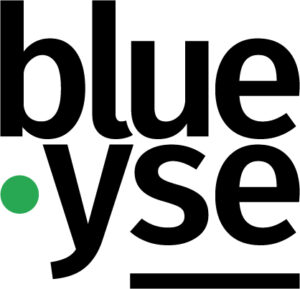
Any company hoping to make an impact in today’s diverse world needs to understand the importance of respectful and accurate representation. We find ourselves amidst diverse consumer landscape shaped by gender, ethnicity, and sexual orientation. In this vibrant intersectionality, brands have a significant role to play in engaging with underrepresented and underserved communities.
Reflecting realities
The stories brands tell through visuals speak volumes. People want to see themselves or their dreams reflected in the images that brands share. Therefore, when individuals see their lives represented accurately, it motivates them to move forward. But if this representation is missing, it sends a message of ”You’re not seen” and pushes them to look for comfort elsewhere.
Consumers increasingly demand that companies present real, diversified lifestyles in their advertisements, featuring everyone. Surprisingly, Surveys reveal that 64% of respondents respond positively to inclusive advertisements, and 69% of black customers are more likely to purchase from companies that positively depict their ethnicity in advertisements. Representation significantly influences people, prompting them to consider and purchase products.
Beyond special occasions
Marginalized communities seek brands valuing them as whole individuals and not just for product solutions. They aren’t waiting for brands that have historically ignored them to suddenly acknowledge their existence. Instead, consumers expect brands to prove that they are worthy of their attention. The LGBTQIA+ community resents brands that only engage during PRIDE month without actively addressing their challenges, as communities have continuous needs and issues throughout the year.
How to redefine respectful representation?
Businesses must establish deep connections with their audience to effectively resonate with underrepresented groups. This requires patience, attentive listening, and cultural awareness to respond authentically.
Listening with empathy: Actively listening to the concerns, aspirations, and challenges of underrepresented communities fosters genuine understanding.
Learning and adapting: Brands must continuously learn and invest in understanding diverse cultures and identities to create respectful campaigns.
Create inclusive experiences: Customizing products and experiences with underrepresented communities is not just a marketing strategy. It demonstrates respect and encourages consumers to become brand advocates.
Brands that prioritize authentic inclusion gain significant loyalty from underserved consumers who seek validation, respect, and a sense of belonging. Genuinely serving these communities creates a profound impact, as consumers who feel seen and valued exhibit remarkable loyalty. Companies that understand, honour, and interact with marginalized communities act as agents of societal change by fostering a genuine sense of belonging.
Sources
5 Consumer Expectations For Brands Engaging In Inclusive Marketing In 2023:
Inclusive ads are affecting consumer behaviour, according to new research:
Why representation in marketing matters:
Why Representation In Marketing Matters | Dana Communications
